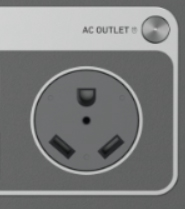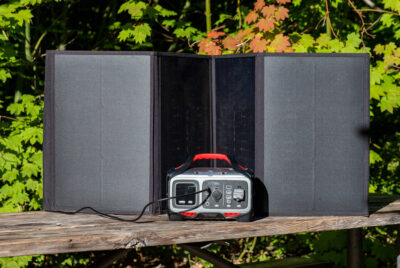Embracing the Ethics of Off-Grid Living
In the quest for a sustainable and autonomous lifestyle, living off-grid has emerged as a philosophy embraced by many seeking not just to reduce their ecological footprint, but to rediscover a profound connection with nature. Inspired by the transcendental reflections of Henry David Thoreau and the rugged environmental advocacy of Edward Abbey, the ethics of off-grid living redefines our role in the natural world and our impact on society. This essay explores the ethical dimensions of this choice, celebrating its potential to harmonize our lives with the principles of environmental stewardship and personal independence.
A Tribute to Natural Living
Thoreau, in his seminal work, ‘Walden’, advocates for simplicity and self-sufficiency. He retreated to Walden Pond to live deliberately and front only the essential facts of life. This spirit animates today’s off-grid movement, where individuals choose to step away from the consumerist grid to engage more directly with life’s basic processes: growing food, collecting water, and generating energy. Such a lifestyle is not just a personal choice but a profound commentary on what Thoreau saw as the needless complexities of societal living.
The Environmental Ethics of Off-Grid Living
Living off-grid is inherently aligned with environmental ethics. By disconnecting from municipal services and fossil fuels, off-gridders make a conscious effort to reduce their carbon footprint. The reliance on renewable energy sources like solar, wind, and hydro power means not contributing to the greenhouse gases that fuel global warming. Edward Abbey, with his fierce criticism of industrial tourism and advocacy for wilderness, would have found kinship in today’s off-grid practices that seek to preserve rather than consume the natural world.
Reducing waste is another cornerstone of off-grid ethics. Without the convenience of regular trash collection, people living off-grid tend to produce less waste. Composting, reusing, and upcycling become not just practical but necessary practices. This waste-not mindset is a direct application of Abbey’s belief that wilderness is not a luxury but a necessity of the human spirit—akin to preserving the purity and sanctity of our environment.
Lowering Impact on Society
Off-grid living reduces one’s reliance on societal resources, which can often be strained by overconsumption and under-planning. By generating their own power, sourcing water sustainably, and growing their own food, off-gridders lessen the burden on municipal systems, setting a precedent for responsible resource use. This not only alleviates pressure on local infrastructures but also inspires a community-oriented approach to living that prioritizes collective well-being over individual excess.
Independence and Financial Freedom
The feeling of independence that comes with off-grid living is perhaps its most liberating aspect. Thoreau lauded the virtues of self-reliance, which he saw as essential to moral and spiritual awakening. For modern off-gridders, this independence is also financial. Free from utility bills and the costs associated with conventional housing, individuals can lead richer lives with less money. This financial freedom allows people to invest their time and resources into passions rather than bills, fostering a life that is rich with experiences but not necessarily with expenses.
Living in Harmony with Nature
Choosing to live off-grid often means residing in beautiful, natural settings that offer daily interactions with the wilderness. This immersion in nature is not only good for the soul but reinforces one’s commitment to preserving these environments. It’s a practical application of Abbey’s critique against centralizing nature as merely a backdrop for recreation, promoting instead a life where nature is an integral part of daily existence.
Living in such settings, off-gridders experience the rhythms of the natural world more intimately. This closeness to nature enhances mindfulness and gratitude for the simpler pleasures of life, such as the sound of a nearby stream or the sight of wildlife at the doorstep. It’s a daily reaffirmation of Abbey’s idea that wilderness is not a luxury but a necessity—a vital part of the human experience.
Ethical Reflections and Challenges
While the ethics of living off-grid are largely positive, embracing this lifestyle comes with its challenges. The initial setup for an off-grid home can be resource-intensive, requiring significant inputs of materials and energy, often from non-renewable sources. Furthermore, the solitude and self-sufficiency that define off-grid living can sometimes lead to isolation or a disconnection from community affairs.
Nevertheless, the ethical appeal of living off-grid—its low environmental impact, its promotion of simplicity and self-sufficiency, and its deep respect for nature—outweighs these challenges for many. It’s a lifestyle that not only conserves resources but also enriches the human spirit, echoing Thoreau’s belief in living deeply and sucking out all the marrow of life.
Final Thoughts On The Ethics of Off-Grid Living
Living off-grid is more than a mere escape from urban chaos; it is a conscious ethical choice that aligns closely with the environmental and social imperatives of our time. Inspired by thinkers like Henry David Thoreau and Edward Abbey, it is a mode of living that respects the limits of our planet’s resources while enriching the individual experience. As we strive to create a sustainable future, the principles of off-grid living provide not just a blueprint for reducing our ecological footprint, but a pathway to a more thoughtful and fulfilling life.




